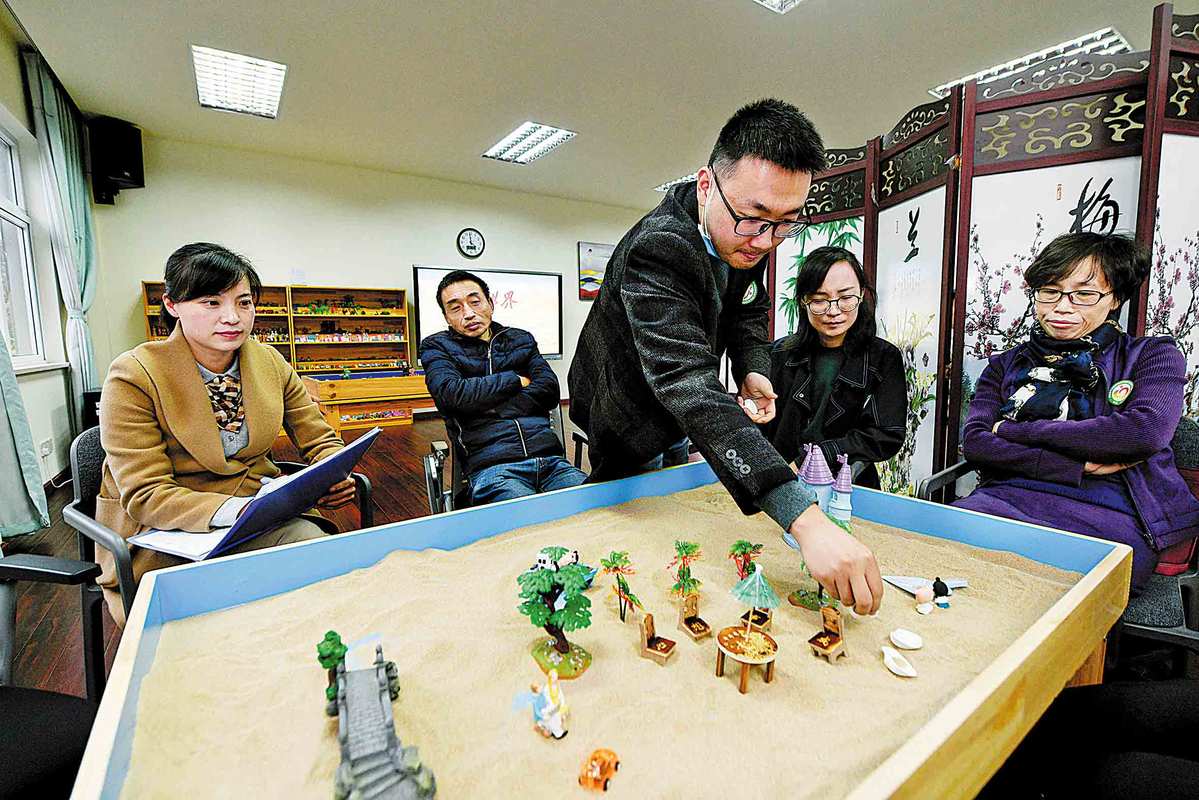Gig economy offers more freedom and choice


For Spring Festival last year, Zhang decided against returning to Shanxi, his home province, for a reunion with his wife and two children, choosing instead to work during the holiday to receive bonus payments from Meituan.
However, COVID-19 forced many restaurants and shops to close during the holiday and in the weeks that followed. People opted to stay home, relying on deliveries for essentials such as food and medicine.
As many deliverymen were unable to return to Beijing due to stringent quarantine requirements, Zhang handled far more orders than usual. With additional payments from the platform and tips from clients, his income rose considerably.
He bought a two-bedroom apartment in Shanxi, and plans to pay off his mortgage by 2024.
Labor economists in China are studying and paying increasing attention to workers such as Zhang. They believe that while solving livelihood problems, flexible employment has also relieved pressure on urban labor.
Bao, from CALSS, said, "A recent report on China's shared economy shows that when the pandemic hit, new business models such as delivery and ride-hailing services showed great resilience and development potential.
"Shared services, new consumption formats and new models have become important ways in China to enhance economic resilience and vitality. With the pandemic raging globally, disrupting people's lives and economies, flexible employment in China has demonstrated unique advantages. It has played a more prominent role in preventing and controlling the pandemic and in the country's efforts to resume work and production."
Throughout last year, when the impact of COVID-19 was most pronounced in China, consumption still accounted for 54.3 percent of the country's total GDP.
Feng Jun, 40, a self-employed wedding photographer in Hefei, Anhui province, said his friends admire him for doing what he loves as a career. However, in the first half of last year he experienced financial problems when nearly all his clients cancelled weddings due to strict social distancing requirements.
He earned little for four months, but still had to pay rent for his studio and also faced other expenses. "I guess such uncertainty and instability come with the territory when you choose a career like this," Feng said.
Zhang, the deliveryman, worries less about fluctuating income, but as he is paying his own social insurance payments in Shanxi, it is difficult for him to get reimbursement when he sees a doctor in Beijing.
Meeting the media last year, Premier Li Keqiang said: "Some 100 million people are now employed in new forms of business and industry, and some 200 million people are working in the gig economy. The government must continue to provide support and at the same time lift all unwarranted restrictions that prevent the development of those industries and sectors."
- Kunming Dry Port train further enhances regional connectivity
- 144 people listed as missing in Tai Po fire now confirmed safe: HKSAR gov't
- 150 still missing in Hong Kong residential complex fire
- No remains found after search of two fire-hit residential buildings: Hong Kong police
- Funds raised and government grants to fire in Tai Po reach 1.1 bln HKD: HKSAR gov't
- Teochew International Convention opens in Guangdong's Chaozhou




































